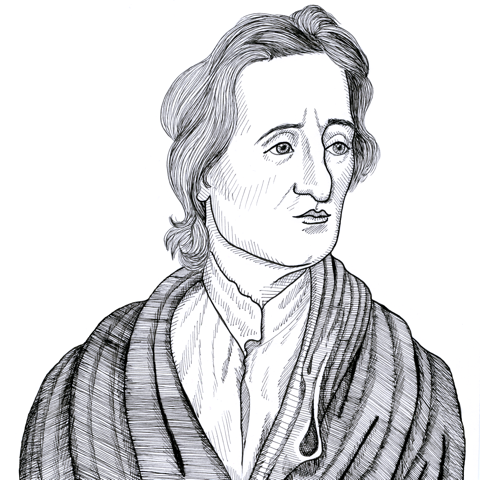
John Locke believed that the magistrate should not punish sin but only violations of natural rights and public peace (1689)
Found in: The Works, vol. 5 Four Letters concerning Toleration
John Locke (1632-1704), in his Letter on Toleration, argued that sins should not be punished by the magistrate. Only acts which are "prejudicial to other men’s rights" should be legally punished:
Religion & Toleration
… it does not follow, that because it is a sin it ought therefore to be punished by the magistrate. For it does not belong unto the magistrate to make use of his sword in punishing every thing, indifferently, that he takes to be a sin against God. Covetousness, uncharitableness, idleness, and many other things are sins, by the consent of all men, which yet no man ever said were to be punished by the magistrate. The reason is, because they are not prejudicial to other men’s rights, nor do they break the public peace of societies.